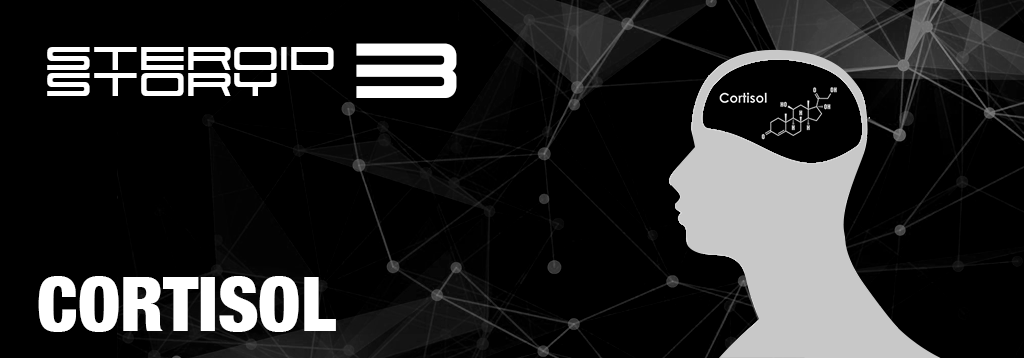
What are Corticosteroid (Cortisol)
Corticosteroids are synthetically manufactured drugs that closely resemble Cortisol. They're medicines that quickly fight inflammation in your body. These lab-made steroids work like the hormone cortisol, which your adrenal glands make. Cortisol keeps your immune system from producing substances that cause inflammation.
Also known as "Cortisone," a powdered steroid mixed with distilled water, is injected into sore and inflamed muscles that it heals much faster. However, it is also worth noting that repeated use of Cortisone can lead to weaker ligaments and are more prone to tearing.
It is also essential to understand that Cortisone is not a muscle-building steroid but rather a muscle-damaging steroid. Therefore, if Cortisone is injected into your leg muscles daily for an extended period, it could lead to less leg muscle development.
In addition, the risk of daily injection of Cortisol could also contribute to Acne's development and reduced immunity. Therefore, doctors are very cautious about using Cortisol in treatments and often use it as a last resort before laparoscopic surgery.
- It manages the use of carbohydrates, fats, and proteins in the body
- It decreases inflammation caused by stress and several other contributing factors
- It regulates the body's blood pressure
- It controls the time of awake and asleep every 24 hours
- It assists with managing blood sugar levels
- It increases energy levels to handle stress better and restores balance afterward
Cortisol plays a vital role in several functions your body does. For example:
- Anxiety and depression
- Headaches and migraines
- Heart-related diseases
- Memory and concentration problems
- Problems with digestion
- Trouble sleeping
- Weight gain
Derailing the body's most important functions can also lead to several health-related problems, including:
Too much CortisolCortisol can cause a condition called Cushing syndrome. It can lead to rapid weight gain, skin that bruises easily, muscle weakness, diabetes, and many other health problems.
- Feeling fatigued all the time
- Muscle weakness that grows worse
- Diarrhea, nausea, and vomiting
- Loss of appetite and weight
- Low blood pressure
If your body doesn't make enough CortisolCortisol, you have a condition widely knows as Addison's disease. Usually, the symptoms appear over time. They include:
How to control the right amount of Cortisol in your body?
Quality sleep at night.
Get the right amount of sleep. The timing, length, and quality of sleep all can influence cortisol levels in your body. Not enough sleep can cause increased cortisol levels.
Avoiding beverages such as caffeine in the evening can ensure an uninterrupted sleeping pattern to achieve a good night's sleep. Turn off any electronic devices for several minutes before sleep.
Light exercising.
Too much or high-intensity exercise can increase Cortisol levels, especially after exercising. However, the short-term exercising increase helps coordinate the growth of the body to meet the challenge. Additionally, the size of the cortisol response lessens with regular training.
Identify stressful thinking.
Focus on the mental and physical state of your awareness. For example, recognizing stressful thoughts allows you to formulate a conscious and deliberate reaction to them. Becoming more aware of stress and its triggers is the first step to successfully coping with stress and balancing cortisol levels.
Relaxing.
Many relaxation techniques are proven to lower Cortisol. Examples include deep breathing, yoga and tai chi, music, meditation, and massage. Studies have also shown relaxing music can decrease Cortisol.
Learn to have fun, again.
Try to be happy and think about memories that allow you to relive a happy moment in time. A positive mood is associated with lower cortisol levels, lower blood pressure, a healthy heart rate, and a robust immune system.
There are many more ways about how to manage a balanced Cortisol level. However, the critical takeaway from some of the outlined steps in this article is not to take life too seriously and take care of physical and, importantly, mental health.





